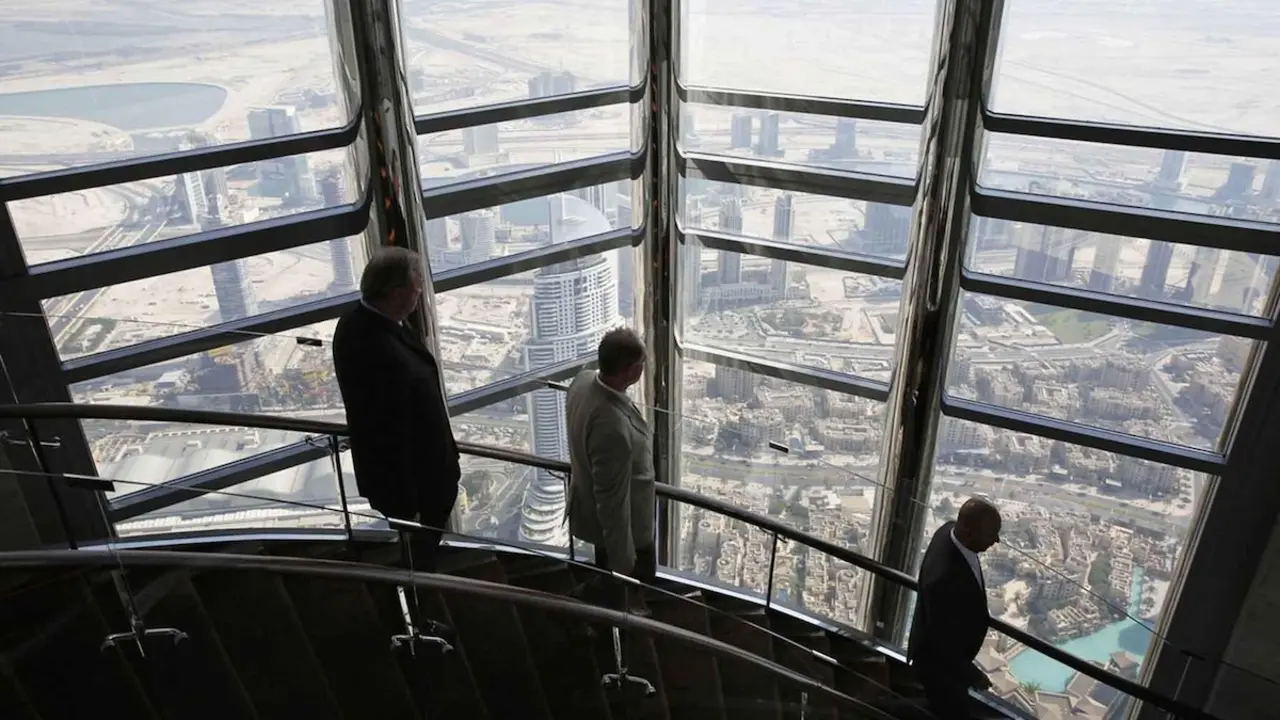Morocco encourages private sector to hire trainees to fight unemployment
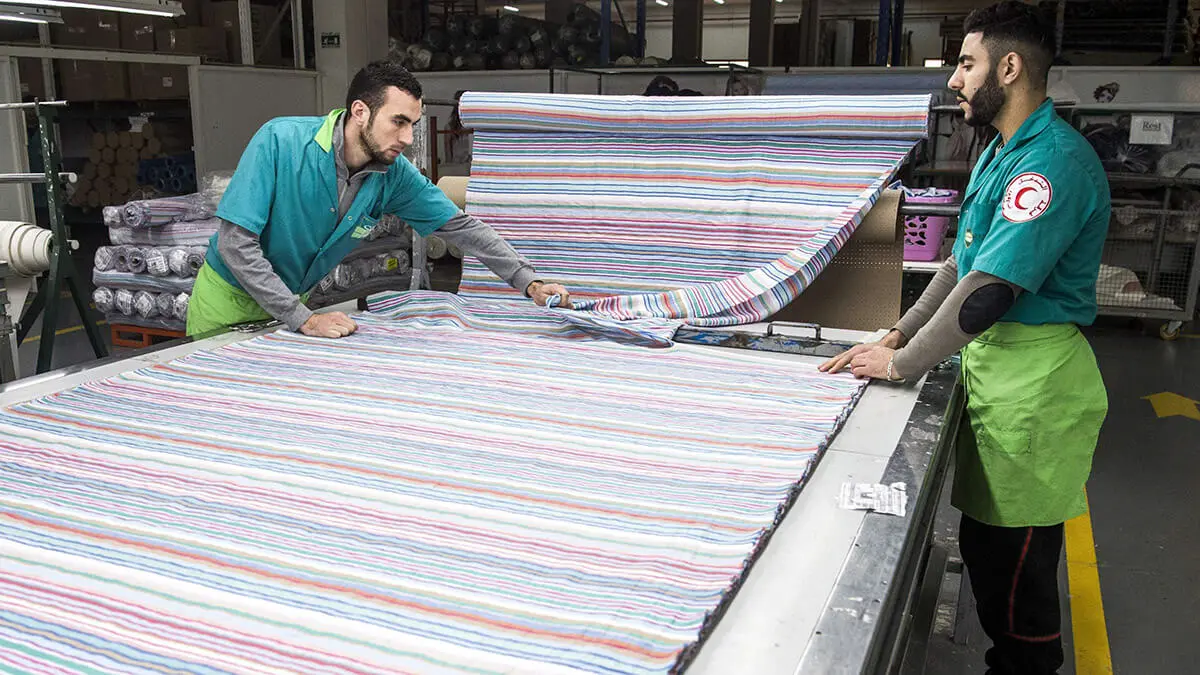
With the aim of boosting employment, the Moroccan government has proposed to extend the scope of exemptions to include all trainees, in terms of monthly training allowances, up to a maximum limit of 6,000 dirhams for a period of 12 months.
In addition, if the trainee is hired under a permanent employment contract, the entire monthly salary, up to a maximum of 10,000 dirhams, will be exempt from income tax for 12 months. In addition, companies can also benefit from the programme by employing a maximum of ten persons for a period of two years from the date of recruitment.
The exemption is currently conditional on the trainees registering with the National Agency for the Promotion of Employment and Skills (ANAPEC) and it is stipulated that trainees can only benefit from this exemption once. In addition, the employer must undertake to employ at least 60% of the trainees at the end of their training.
This initiative is an advantage for new companies, as they have the opportunity to improve their operating costs in a way that does not put pressure on their activity and, at the same time, stimulates the business environment.
Economic analyst Rachid Sari stresses to The Arab Weekly the need for multiple approaches to determine overall labour market trends in Morocco, such as determining the proportions of young people on fixed-term and open-ended contracts, in addition to those on a fixed-term contract.

‘Identifying such accurate data will have the potential to solve many of the problems facing the local labour market,’ adds Sari, director of the African Centre for Strategic Studies and Digitisation.
A recent report published by the World Bank in cooperation with the Moroccan Observatory of Small and Medium Enterprises indicated that improving the productivity of the private sector is necessary for Morocco to achieve its development goals set out in the 2035 development model.
The World Bank experts assured that this will lead to an enabling environment for innovation, business growth and economic transformation in the working system of Moroccan companies.
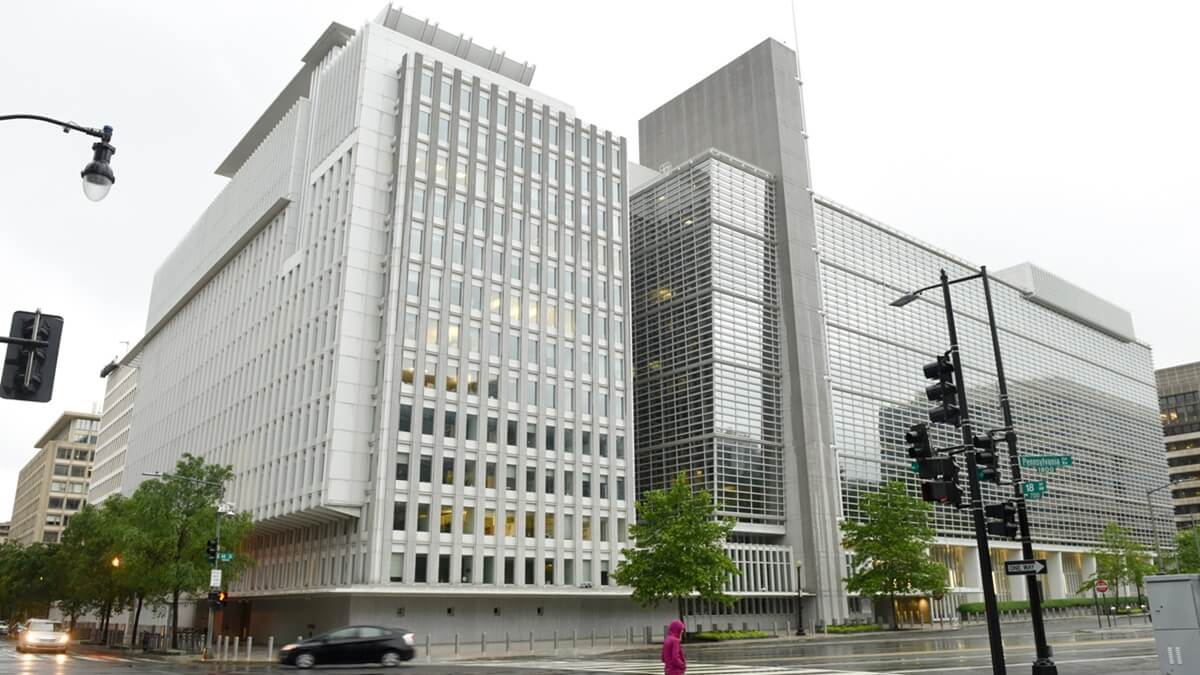
In this regard, the Ministry of Economy and Finance recently confirmed that the government is planning several measures to boost employment next year, mobilising resources estimated at approximately 1.4 billion dollars.
According to the budget document, the allocations will be distributed along three axes, the first of which will stimulate investment and will represent approximately 1.2 billion dollars, while approximately 100 million dollars will be earmarked to preserve employment opportunities in rural areas. The same amount will also be used to improve the effectiveness of employment promotion programmes.
The Minister of Economic Inclusion, Younis Al-Sukuri, confirmed during a parliamentary session that the Kingdom has 57 vocational training centres in private sector companies, achieving significant results in terms of job placement. These centres target thousands of young people through contracts with cooperatives and companies to equip them with the necessary skills and provide them with jobs with the aim of increasing the number of beneficiaries of government programmes.
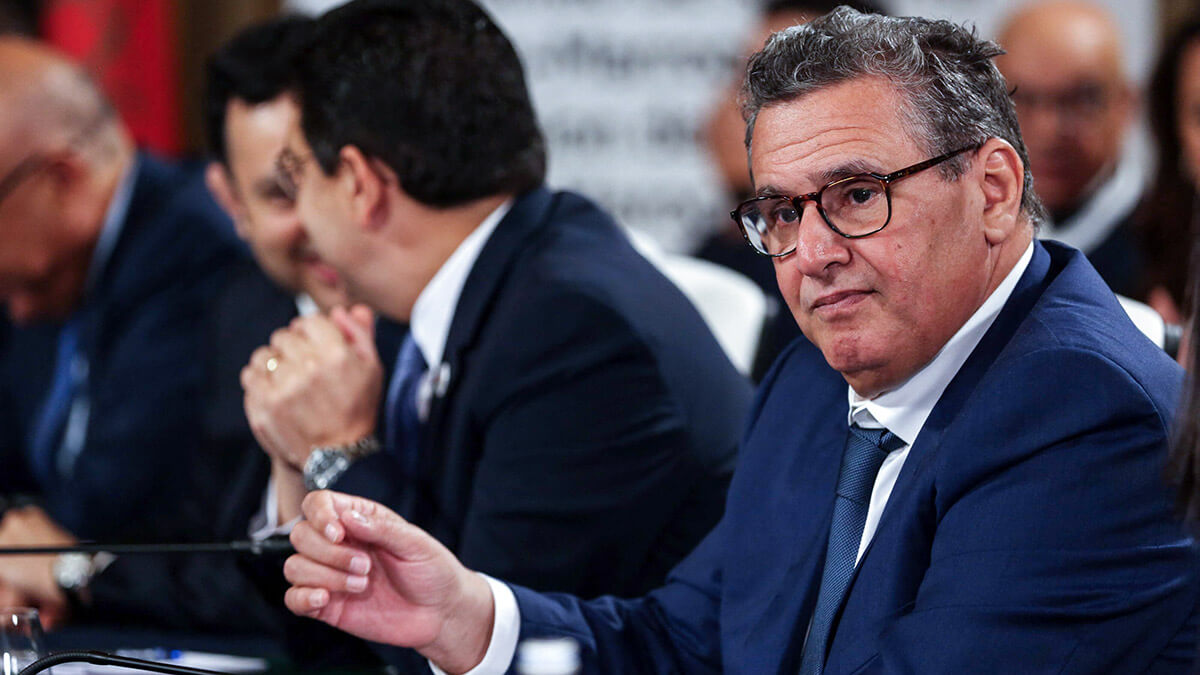
For the country's authorities, stimulating investment is a key part of their programmes to advance economic and social development and combat unemployment.
The unemployment rate is expected to reach around 13.4% by the end of this year and to fall to 12.6% during 2025, according to data released on the occasion of the annual meetings of the International Monetary Fund and the World Bank this week in Washington.
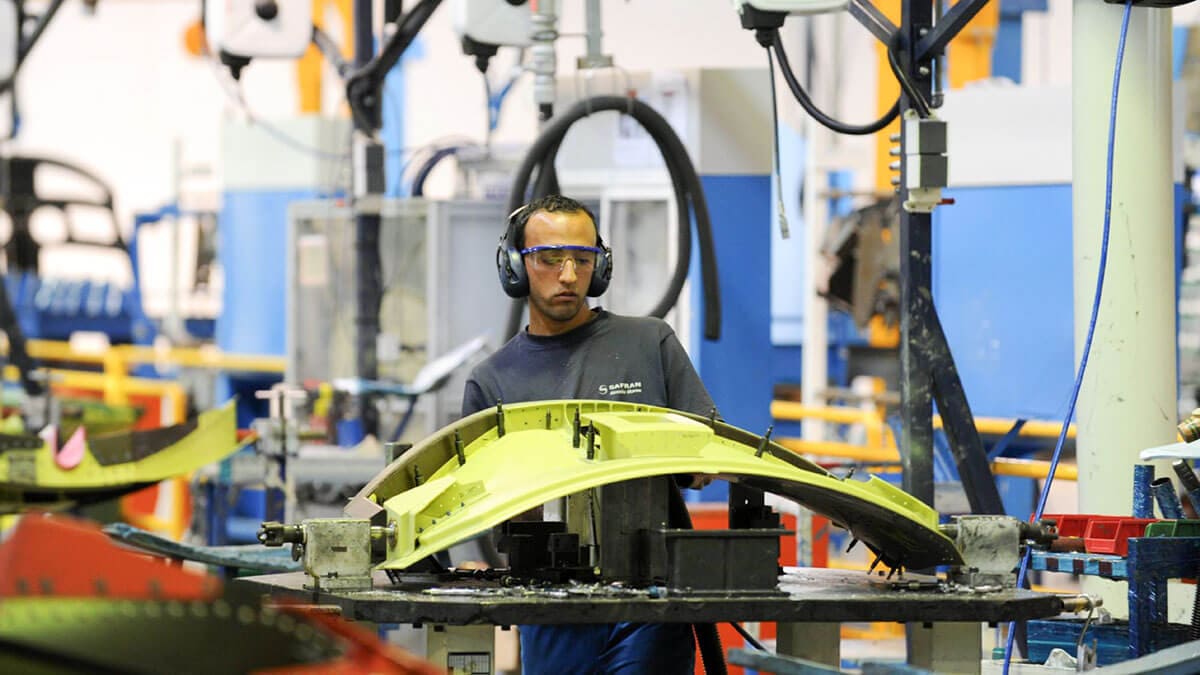
According to Planning Commission statistics, the number of unemployed at the end of last year was about 1.58 million people, which is 10% of the total labour force in the country, which has a population of about 38 million.
75% of the rural population derives its income from agriculture, which employs 33% of the country's total active labour force. Exports from this industry constitute 14% of total annual exports and contribute about 13% of the gross domestic product.



